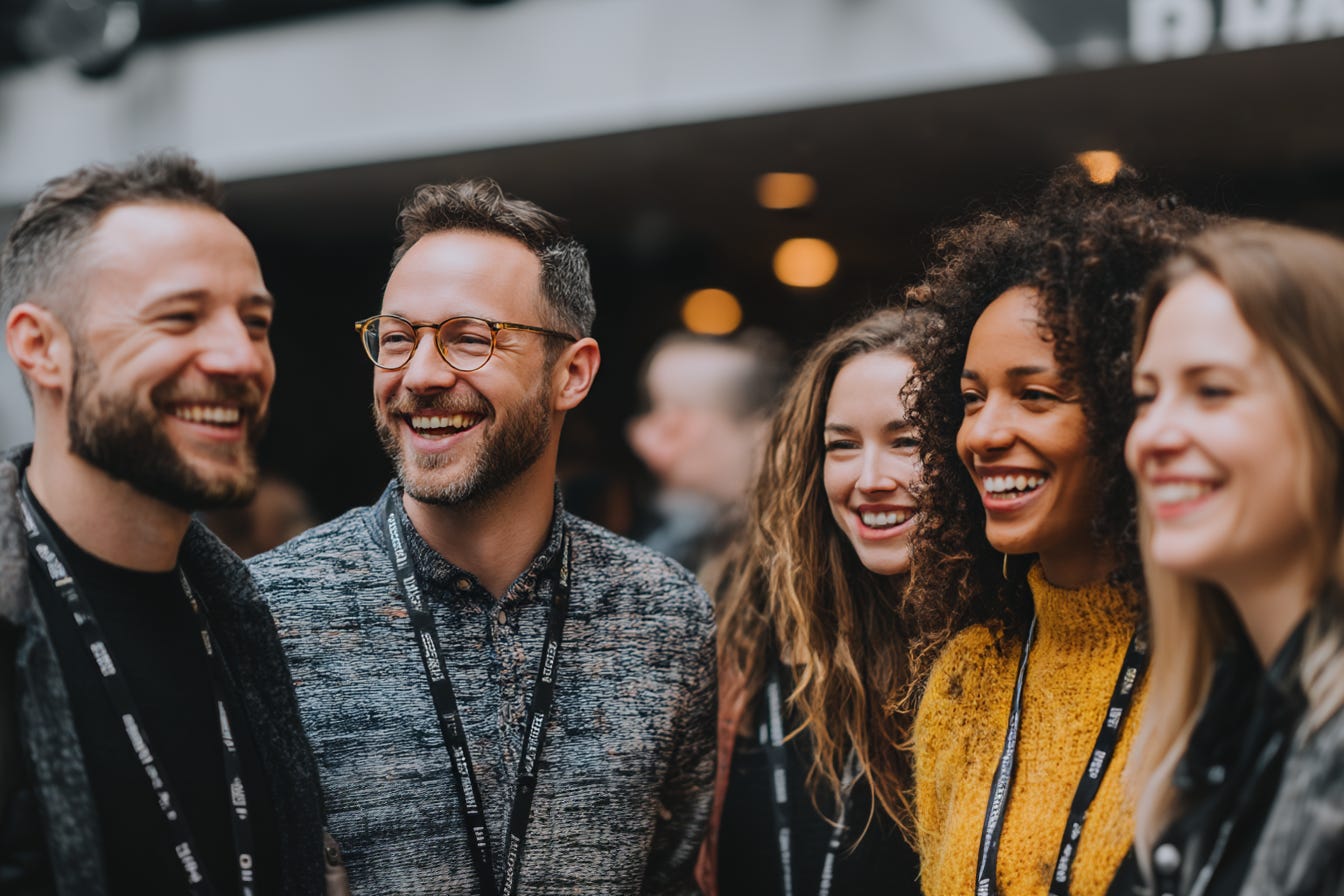An Uncomfortable Truth About Nearly All Advertising
The horribly inconvenient truth that we need to confront is that the only people who really seem to have any interest in bad advertising are people who work in advertising.
For the past couple weeks our feeds have been filled with Cannes—news, bragulations, the AI debate and a handful of scandals. Basically, a typical second half of June spent obsessing about a tiny sliver of our industry’s output—approximately 0.001%. AI’s really good with numbers, by the way.
I’m not saying that the awards don’t have value. They do. I’m definitely not giving any of mine back. And the human connections, knowledge-sharing and inspiration that the festivals provide are uniquely valuable too.
But what about the other 99.999% of our product? The stuff we do, day-in and day-out. The stuff that’s led to the development of a slew of tools and technologies, like TiVo, PlayOn, AdGuard, browser privacy, Ghostery, DuckDuckGo, and 1Blocker, to name just a few. Avoiding our product is the singular inspiration behind every opt-out and each nickel spent on premium streaming subscriptions. But why?
If you ask anyone who’s not in our industry what their favorite ads are, they’re likely to respond with things that you hold in high regard too.
The horribly inconvenient truth that we need to confront is that the only people who really seem to have any interest in bad advertising are people who work in advertising. Let’s face it, if it’s out there someone wrote it, art directed it and advocated on its behalf. And then someone devoted a chunk of their budget to plaguing people with it. But again, why? It’s too early to blame the robots. People have made these decisions.
My two cents, this isn’t about a lack of talent or intelligence. But somehow as an industry, we seem to have lost the plot. At its core, our task is to create human connection. To make things matter. To create interest and desire. And ultimately, to build a relationship that can stand the test of time.
It’s simple. It’s definitely not easy. I mean, it is work after all. But the objective is simple. And it’s also true that people don’t hide from things that connect with them on an emotional level. They actually seek them out. And often they’re found entirely by accident—like in an ad, which makes them stand out even more.
In the name of chasing all the cheapest possible approaches, we’ve been creating insurmountable obstacles for ourselves. We’ve created layers of analytic dashboards, programmatic platforms, and a near endless supply of tools and filters between us and the people we need to connect with. We’ve advocated for performance marketing, while watching it kill one of the greatest brands of our generation. We barge into online social situations with all the charm and finesse of a drunken carnival barker.
We all know how to talk, interact and make friends. It’s not always easy. But it’s not exactly complicated either. We’ve all also heard endless talk about the importance of work-life balance. And not letting our work rule our lives. But maybe it’s time we flipped the script and let more of the knowledge and simple human truths that rule our lives shape our work even more. As technology continues to expand its influence on our product, work with genuine, emotional resonance that establishes an authentic human connection, will only stand out even more.
At The Distillery Project, we approach things as data-informed, purpose-driven, storytellers who always seek to connect on an emotional level. Because the way people feel is surest path to what they do. And, speaking of human connection, we’d be glad to continue the conversation with our fellow humans.


